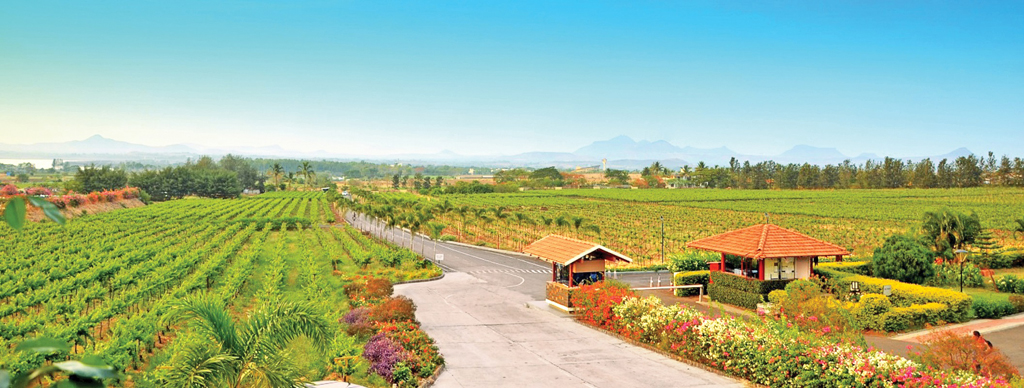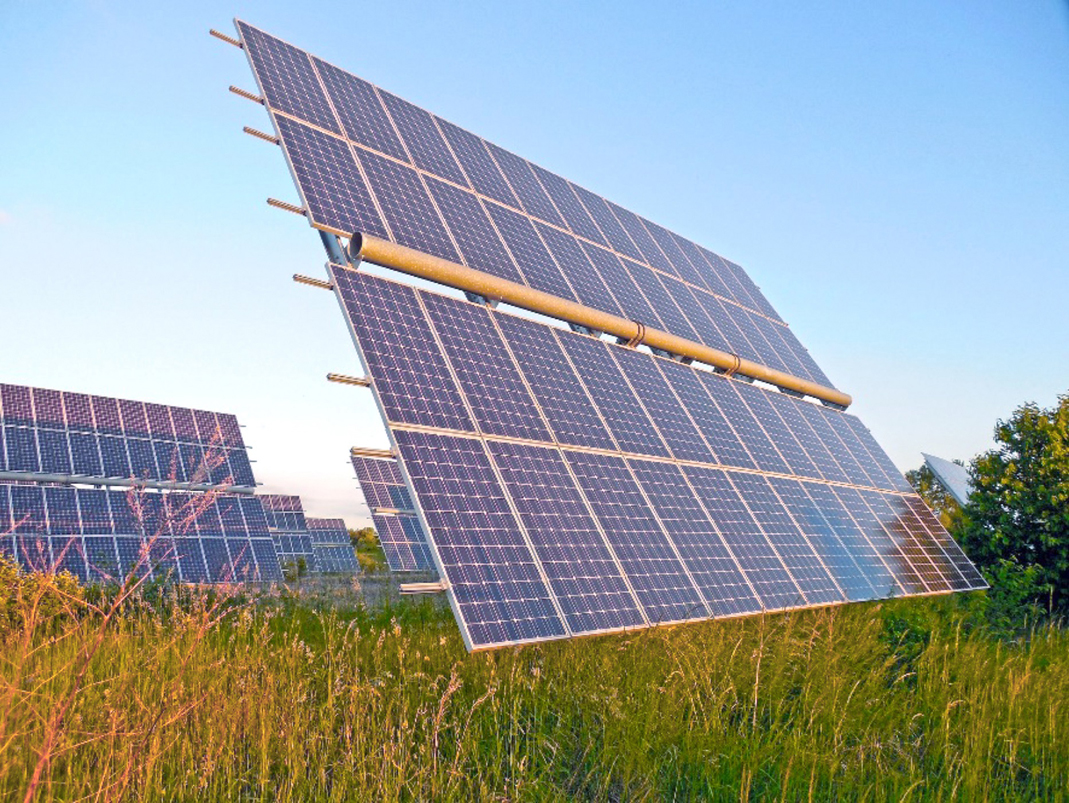Sula takes another step towards saving the environment, Inesh Singh, Chief Sustainability Office at Sula Vineyards introduces their Sustainable Sula Initiatives.

One of the market leader and consumer favourite wine, Sula Vineyards is one of the finest in the world. With the export list of 25 countries, and a pioneer in India’s wine tourism Sula has been making headlines in contributing to the environment.
Sula Vineyards’ promise towards contributing heavily to sustainability is what led to the appointment of Inesh Singh as the Chief Sustainability Office (CSO) whose office is the gorgeous expanse of greenery. PEAKLIFE reveals more secrets of sustainable production at the Sula Winery from Inesh Singh.
- How did the concept of sustainable Winery come up?
The concept arises from a mix of environmental, commercial, and social needs. This concept is reflective of the growing awareness among businesses and customers regarding climate change and an increasing realization of the commercial incentives that sustainability brings to an organization. The world is facing a climate crisis — Temperatures are rising, cities are running out of water, and there is a big waste problem. In this worsening scenario it is critical from an environmental standpoint that any business incl. wineries be run in a sustainable manner. And being recognized as a sustainable business helps increase brand value, develops a loyal consumer base, and reduces operational expenditure.
- Tell us about the various Sustainable initiatives at the Sula?
The Sustainable Sula Initiative 2021 is focused on driving positive change across six key themes, which include: Reducing carbon emissions, reducing water consumption, eliminating waste, Engaging communities where we operate, engaging our employees, and championing human rights. We have finalized 15 sustainability goals, and we believe that focusing on these 15 goals across the 6 themes will enable us to drive a culture of sustainability and allow us to have a positive impact on the planet, and the people associated with our company.
- As a winery keeping a check on the water use is also important, what are your initiates at the winery for it?
Water is absolutely critical for us. Sites where we originally established our units were historically water rich, but now face periods of drought. We have established inhouse effluent treatment plants at all our sites, have setup rainwater harvesting infrastructure, and even invested in drip irrigation at our vineyards, all of which now enables us to avoid using more than approx. 50 million liters of freshwater. 50 million liters of water which we would have struggled to source otherwise. We are also working on educating our employees so we can drive a change in behavior. We have set very stringent targets for our production, maintenance and winemaking teams with a focus on decreasing water consumption as compared to previous years which still maintaining an increase in production.

- How is the energy generated by solar beneficial?
Solar energy is an abundant resource which can be harnessed relatively easily. We have gone all out to ensure we can leverage this resource, which in turn allows us to massively decrease our carbon footprint and reduce electricity expenses. It also helps us reduce dependency on the grid. All of our units are covered by solar panels, and we are now looking at creative ways to increase generation. Our current setup allows us to generate almost 50% of our electricity needs via solar and we are strategizing on increasing that to 75%.
- As an individual what are the various thing you are doing to save the environment?
I have a personal blog (www.thesustainabilitydiary.com) which I recently started, and have been using as a platform to share the knowledge. I write and share articles on topics ranging from sustainability strategy in corporates to sustainability living at homes. The intention is to help educate sustainability teams, businesses, and the general public on sustainability, how easy it is to implement, and the tangible/intangible benefits gained from implementing these changes.












